After 11 years working with Eventide, Dan Gillespie started his own venture, Newfangled Audio, making a range of innovative plugins that look as good as they sound. We sat with him to hear more about his process, vision, and journey.
Attack: What’s your background before Newfangled Audio?
Dan Gillespie: Ever since I was little, I’ve been into both music and taking things apart. I couldn’t decide if I wanted to be an amp designer or a record producer, so I went to school for both Electrical Engineering and Music Production.
Once there, I fell in love with Digital Signal Processing, and saw that Eventide was trying to hire a Jr. DSP Engineer. I applied without telling them I hadn’t graduated college yet, but they liked me, so they let me intern – I grabbed on and refused to let go.
Over the next 13 years, I got to work on the H8000 and all their guitar pedals and helped start their plug-in business. Working at Eventide was an insane education in both audio tech and product design.
Could you explain the relationship between NA and Eventide?
After 11 years, I wanted to pursue my own ideas. Eventide’s President, Tony Agnello, supported me and let me stay on as a consultant while I figured that out. Once the Elevate Mastering Limiter was ready, Eventide offered to distribute the plug-in, and they’ve distributed every plug-in since. Everyone at Eventide has been super supportive; they’re great friends and partners.
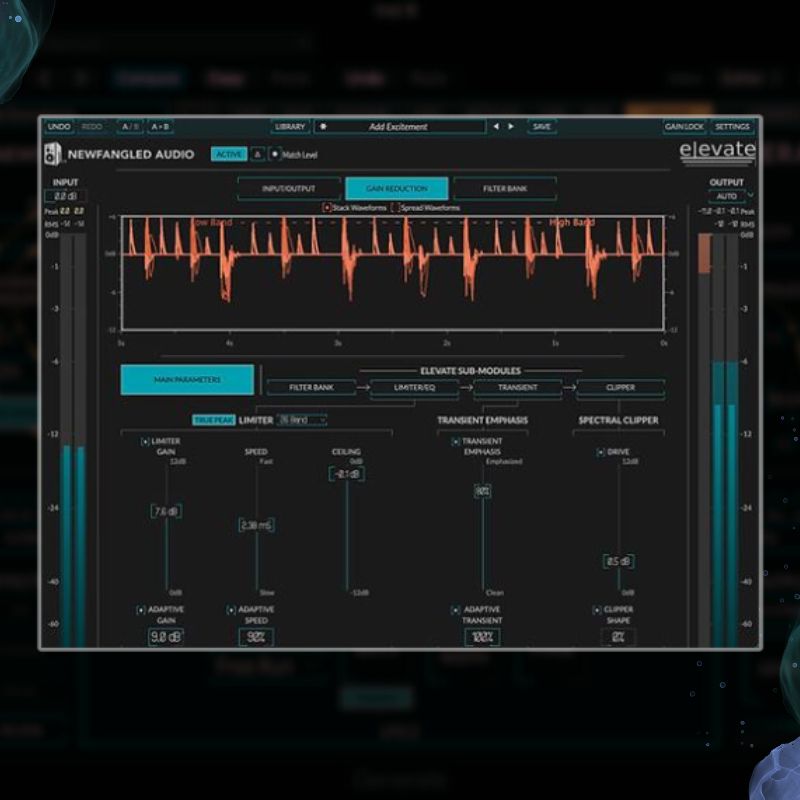
Is there a Newfangled Audio philosophy?
Very distinctly so: we’re not interested in the past; we’re interested in the future. There’s a rich history in music production, but it’s so easy to get caught up trying to relive the past. The classic gear that people emulate today was groundbreaking and new at the time it was created. Even those classics that were emulations became classics because they failed so spectacularly that they became their own thing (looking at you, TB-303). I’d rather fail at making something groundbreaking than succeed at emulating the past.
I’d rather fail at making something groundbreaking than succeed at emulating the past.
What always interests me about developers is why they choose to develop what they do. Do you do much market research, or is it a hunch for what people want?
We make tools for creativity, and designing them is also a creative process.
I think it’s like writing a song; you just start playing with an idea, and sometimes it grows legs, and you start running with it. We spend a lot of time on ideas that don’t turn into products, but that’s just part of the process. When we have something we think is truly special, it can come together fairly quickly, or it can take a long time to figure out exactly what that product wants to become.
Either way, we rely on friends to give us unvarnished feedback. We’ve sometimes spent a year on a product before killing it. But it’s important to me that we only release products that provide a tangible improvement over other products already in the market.
Based on your first products, how have you improved as a developer?
I’m much more confident now. Like any creative endeavor, it’s really important for a product designer to have a clear vision for what they’re making. I’ve learned to articulate that vision better, and that’s made me more confident to make the decisions I think are best for the product.
What was the reasoning behind Recirculate?
There were a couple of things prodding us toward Recirculate. The biggest probably came out of research I was doing into Mix Glue while working on our Invigorate Buss Compressor. Buss compression is a great way to glue sounds together, but I realized buss reverb was also very important.
I’ve always loved reverb, but I tend to reach for delays in practice because they take up less space in the mix. I thought we had an opportunity to create something between a traditional reverb and a delay. We could also take a perceptual approach to make it easier to use. My compatriot Hubert came up with the idea for the stem display, and we decided it needed to exist.
What thing in delay plugins did you see as being underserved?
Instead of asking: “What can we add to a delay plug-in?” We start by asking, “Why should one want a delay plug-in?” Once you have a good answer to that question, it’s easy to see opportunities to innovate. We decided that the goals of a delay are to add depth and dimension to a mix, to reinforce or augment the rhythm of the track, and to add some glue. We then focused on features and controls that would make it easier to achieve those three goals.
Was there a particular hardware unit that served as inspiration?
Absolutely not.
We’ve certainly used various hardware and software delays over the years. Still, for the purposes of development, we actively avoid looking at other products and instead focus on solving the why question.
Do you ever make a plugin with a particular genre in mind?
I’ve stopped trying. I’m very bad at genre in general. My brain doesn’t like categorization, and I tend to see how things are more similar than different and to draw connections between disparate things.
I like to think about how our ears and brains perceive sounds, and, luckily, that is totally genre-agnostic. However, I am delighted when one of our products becomes a genre staple.
We start by asking, “Why should one want a delay plug-in?
How do you find the time to improve your knowledge whilst simultaneously making new products?
It’s more that the products come out of a process of my discovery – I’m always trying to learn something new. It can be scary not to know exactly where we’re going, but I feel like when I’m being creative, I don’t feel scared. And I trust that if I discover a new way of doing something, and if it sounds good, people will be interested.
Is AI going to replace or assist developers? Will coding be improved with AI?
I honestly don’t know. I think it will change things, but it won’t change the fact that humans are fundamentally creative animals, and brave people who embrace that change will create beautiful things.
Change can be uncomfortable, but it’s also ok to be uncomfortable – there’s power in it.
Do you think we’re in danger of reaching a point where very few original ideas are left to explore?
Not at all.
I personally feel that I could fill books with ideas I’ll never have time to pursue. I even think it would take more than a lifetime to truly learn all the music production techniques that already exist. The joy comes in the creation and the discovery, and I hope we can bake that joy into our products and then spark creation and discovery in our users. The goal is the process, even more than the result.
How much does user feedback influence development decisions?
We always listen to feedback, but there are two types: ideas that bring the product closer to my vision for the product and those that are interesting but ultimately push it further away.
My job as the product designer is to balance all the user requests against each other and against the vision and product. But we often add features after release because we get a lot of good feedback from beta testers and users.
Do you know of any major records using Newfangled Audio plugins?
There are many, but I hesitate to name-drop. Our role is to help inspire and enable artists to make their best art, but the art is theirs. We have had the honor of having our products endorsed by some brilliant musicians and engineers who provide us with presets and/or quotes. I really appreciate all the artists and engineers we work with, and volunteering the support is always up to them.
Do you lean more toward sound design or music production with your plugins?
Most of our products are music production, specifically mixing and mastering. Our Pendulate and Generate synths are the odd ones out. I really love synthesizers, but I also can’t stop thinking about mixing and mastering – I’ve always enjoyed studio work. Having better focus would probably make business sense, but sometimes you need to follow your bliss.
What’s next for Newfangled Audio?
The future!
Find out more about Newfangled Audio on the website and Instagram.
Request a Recirculate demo on the Eventide site.
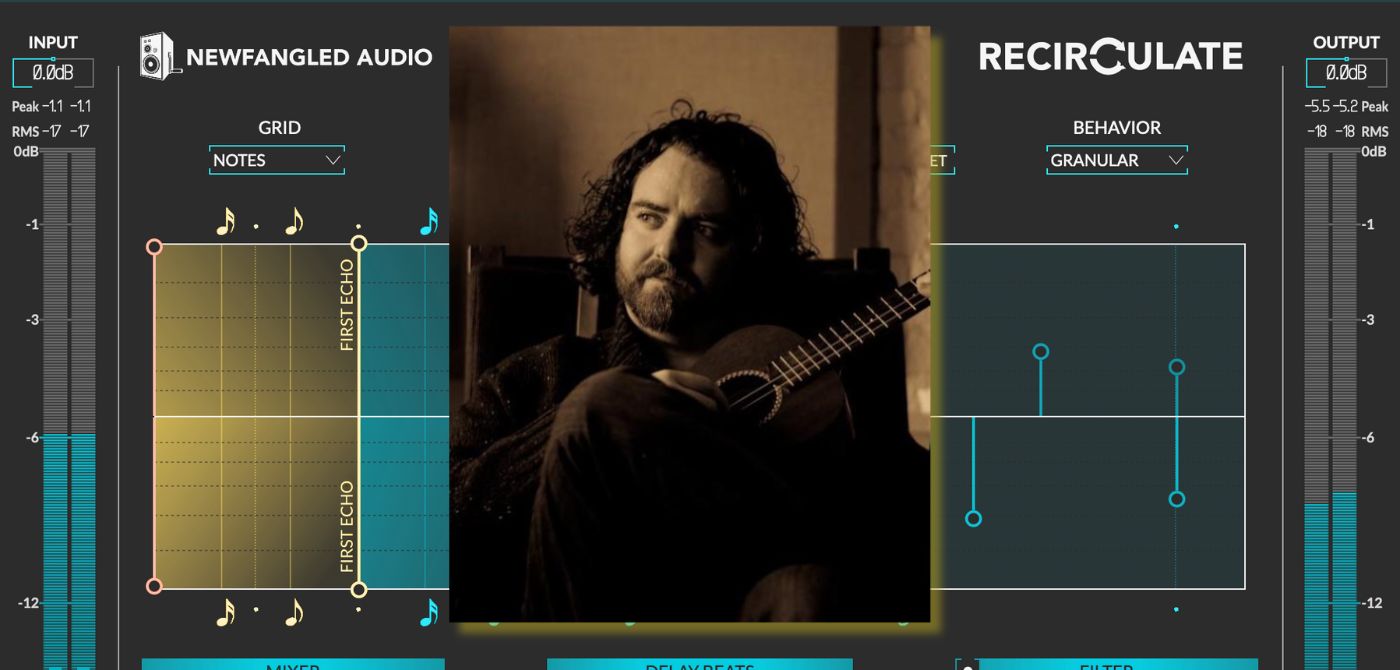
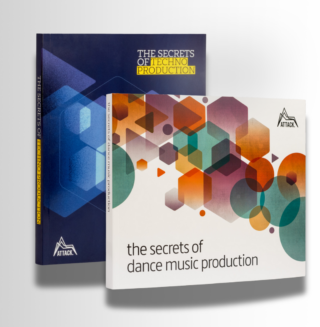
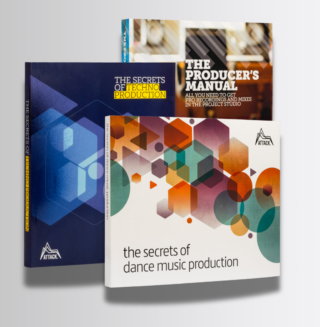
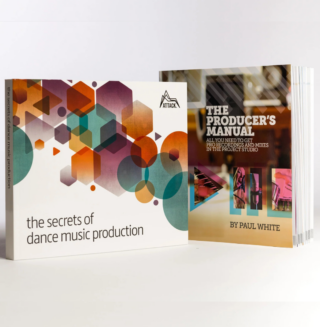
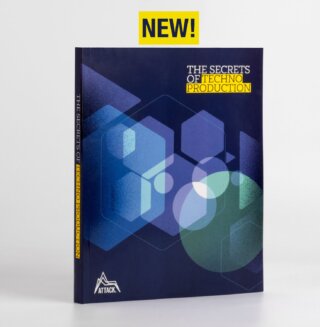
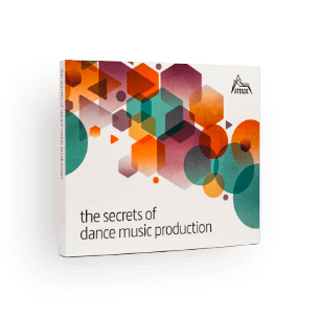
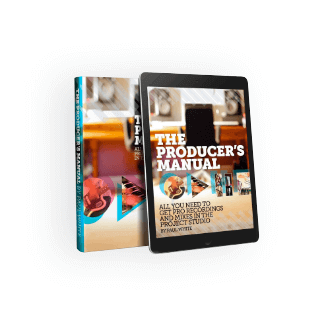
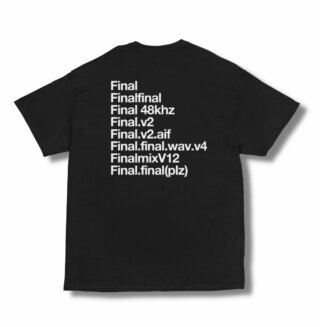
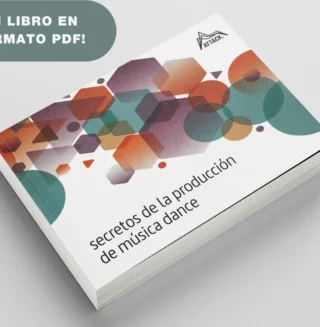
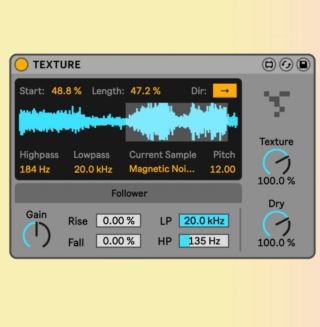
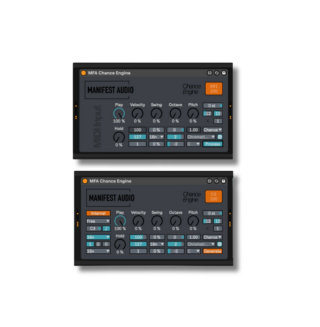
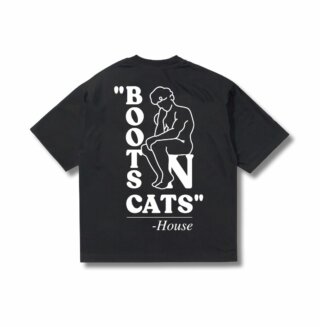

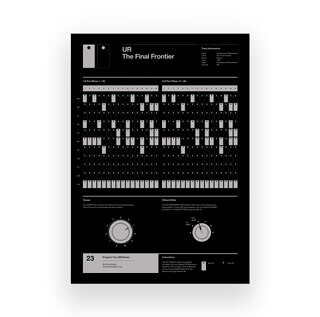
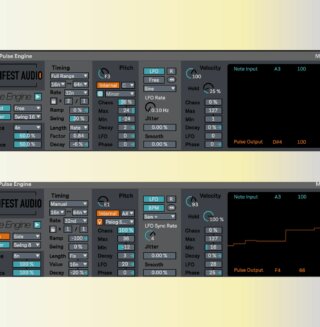
02.42 AM
I have written many songs and recorded them poorly. I am looking for a way to take these recordings and improve on the way they sound.Is there a program with a low learning curve to help master these recordings. I am a Mac user (MacBook Pro) MacOs Ventura Storage 1.15TB available
Thanks for your help